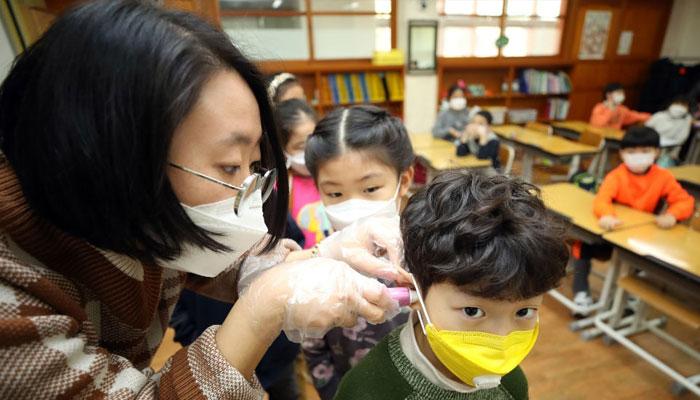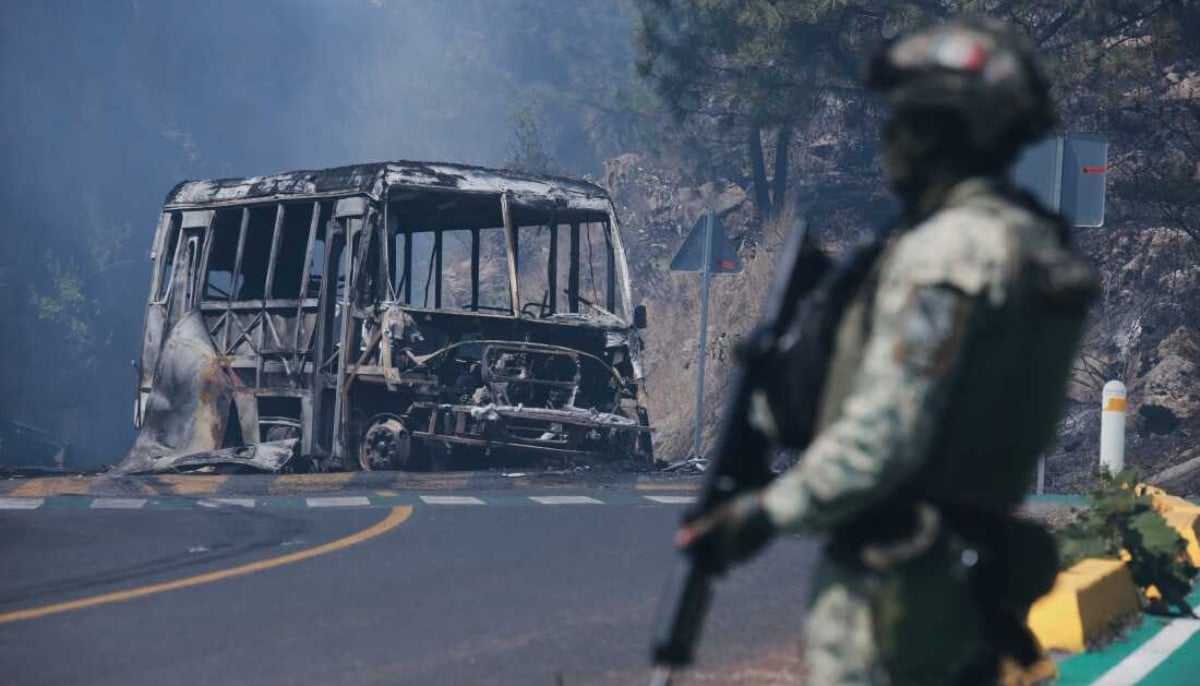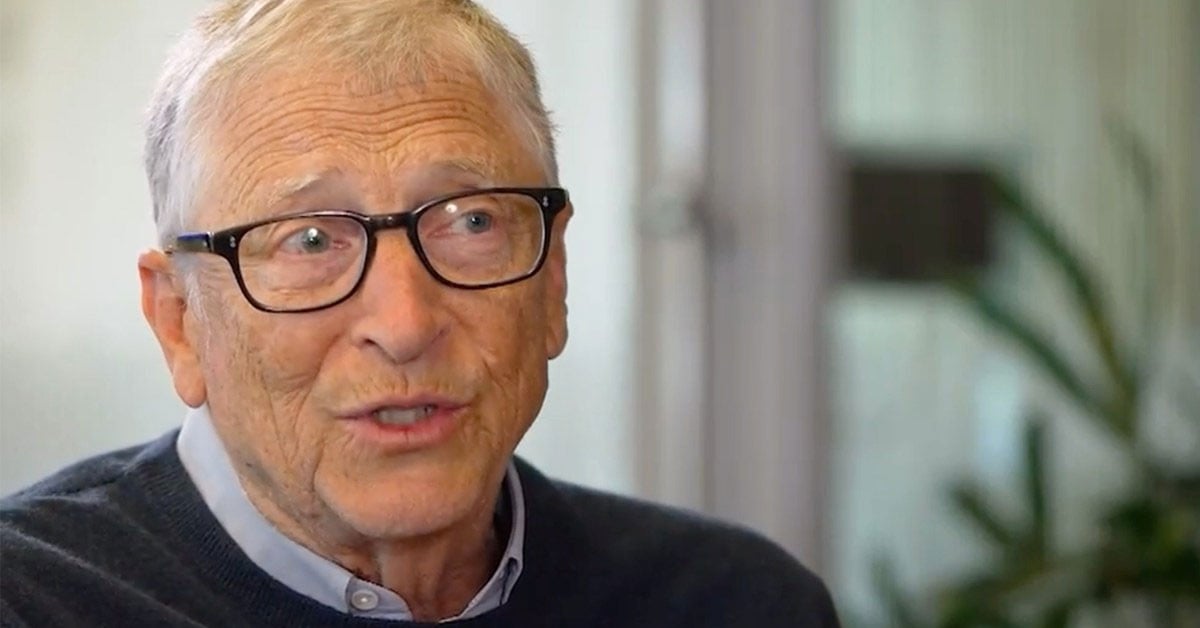Save the Children warns 10 mln kids 'may never return to school' after COVID-19
British charity citing UNESCO data said that in April, 1.6 billion young people were shut out of school and university due to COVID-19
LONDON: Save the Children sent a dire warning on Monday saying that the coronavirus pandemic has led to an "unprecedented education emergency" which has put close to 9.7 million children affected by school closures at risk of never going back to class.
The British charity cited UNESCO data showing that in April, 1.6 billion young people were shut out of school and university due to measures to contain COVID-19 — about 90% of the world's entire student population.
"For the first time in human history, an entire generation of children globally have had their education disrupted," it said in a new report, Save our Education.
It said the economic fall-out of the crisis could force an extra 90 to 117 million children into poverty, with a knock-on effect on school admissions.
With many young people required to work or girls forced into early marriage to support their families, this could see between seven and 9.7 million children dropping out of school permanently.
At the same time, the charity warned the crisis could leave a shortfall of $77 billion in education budgets in low and middle income countries by the end of 2021.
"Around 10 million children may never return to school — this is an unprecedented education emergency and governments must urgently invest in learning," Save the Children chief executive Inger Ashing said.
"Instead we are at risk of unparallelled budget cuts which will see existing inequality explode between the rich and the poor, and between boys and girls."
The charity urged governments and donors to invest more funds behind a new global education plan to help children back into school when it is safe and until then support distance learning.
"We know the poorest, most marginalised children who were already the furthest behind have suffered the greatest loss, with no access to distance learning — or any kind of education — for half an academic year," Ashing said.
Save the Children also urged commercial creditors to suspend debt repayments for low-income countries — a move it said could free up $14 billion for education programmes.
"If we allow this education crisis to unfold, the impact on children´s futures will be long lasting," Ashing said.
"The promise the world has made to ensure all children have access to a quality education by 2030, will be set back by years, " she said, citing the United Nations goal.
The report listed 12 countries where children are most at risk of falling behind: Niger, Mali, Chad, Liberia, Afghanistan, Guinea, Mauritania, Yemen, Nigeria, Pakistan, Senegal and Ivory Coast.
Before the crisis, an estimated 258 million children and adolescents were already missing out on school, the charity said.
-
Cuban government says boat full of armed men fired on border guards, killing 4
-
FIFA World Cup security concerns spike after recent cartel violence in Mexico
-
Passenger wins £10,000 payout from Heathrow Airport after 100 ml liquids dispute
-
Chinese astronauts finally reveal why spacecraft left them ‘stranded’ for 437 days in space
-
Sinitta makes shock admission about marriage to Andy Willner post Simon Cowell heartbreak
-
Bill Gates calls ties to Jeffrey Epstein 'huge mistake,' reveals past 'affairs'
-
Switzerland announces one-time compensation for Swiss bar fire victims
-
Ryan Coogler shares thoughts about building community of actors amid 'Sinners' success












